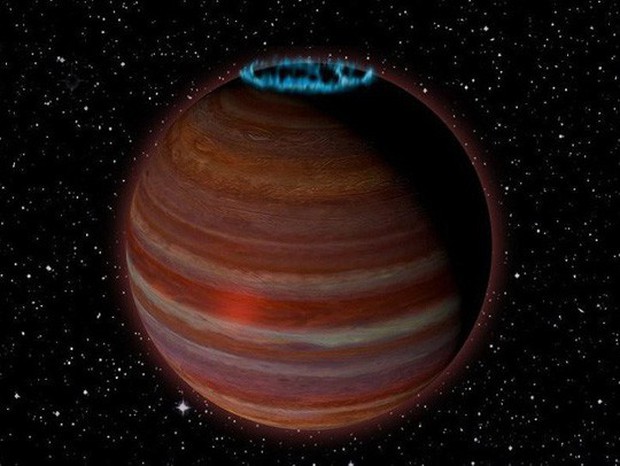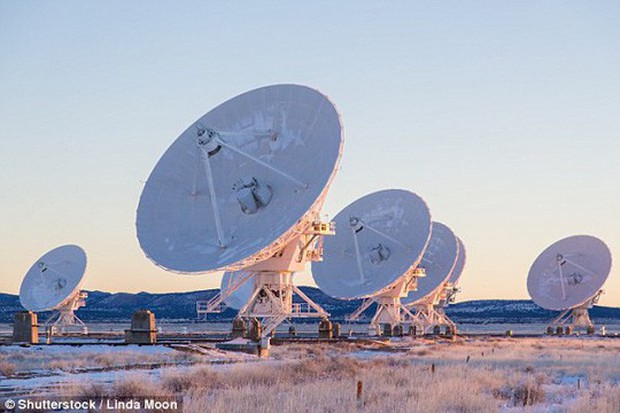The planet named SIMP J01365663 + 0933473 is 12 times larger than the “giant” of Jupiter, while roaming freely near the earth.
One of the strangest planets has been described in detail in the study published by Arizona State University (USA).
It is a “solitary giant”, roaming freely in space that does not belong to any solar system, or orbit any of the host stars. It is 12 times the size of Jupiter – already the largest planet in the solar system and almost 11 times the size of our Earth.
The large planet SIMP J01365663 + 0933473 also has a super magnetic field, about 200 times stronger than that of Jupiter. Meanwhile, Jupiter inherently has a magnetic field 14 times greater than Earth.
Scientist Melodie Kao, a member of the research team, told Sputnik that this object may not be quite a planet, but it is located on the border between a complete planet and a dwarf star. Brown.
Estimated SIMP J01365663 + 0933473 has a surface temperature of up to 825 degrees C and is a nascent planet only about 200 million years old, which is only about two-thirds of modern human life on earth.
In 2016, the VLA – Very Large Array System – a system of 27 modern radio telescopes with a diameter of up to 25 meters each stretching from Mexico to the United States – discovered this strange planet. At that time, he was roaming our galaxy, about 20 light years from Earth.
Researchers spent a lot of time collecting and analyzing astronomical data before presenting the main features of this giant and unique planet to the public.
Sputnik, Daily Mail, Space




